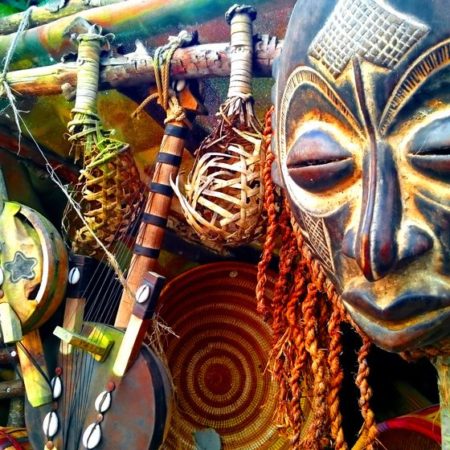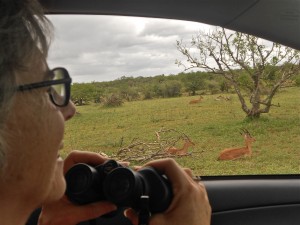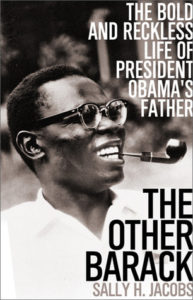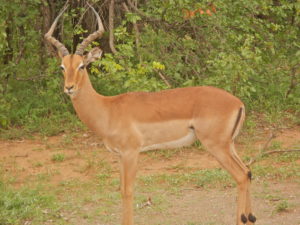 Blood River: A Journey to Africa’s Broken Heart by Tim Butcher
Blood River: A Journey to Africa’s Broken Heart by Tim Butcher
My rating: 5 of 5 stars
“”A masterpiece,” famed novelist John Le Carre writes about Tim Butcher’s journalistic travel memoir and I agree. Prepare for your heart to be wrenched when you read Blood River, A Journey to Africa’s Broken Heart. But you may not notice it in the excitement and danger of the ride. There’s the magnificent and ominous Congo River landscape, the present terror, the valor of the victimized native people, the greed of the exploiters of the river’s resources (native and colonizers alike) and the intrepid European explorers who struggled to tame the river.
In Blood River, Tim Butcher attempts to recreated Henry Morton Stanley’s journey of the 1870s. Sponsored by the New York Herald as an advertising stunt, Stanley is famous for having found the mythic Scottish explorer, David Livingstone, who went missing in Africa the late 1860s while looking for the origin of the Nile River. Stanley wanted to be the first to chart the Congo from its origin in the heart of Africa westward to the Atlantic and he ultimately–and at great cost–succeeded.
In 2004, Tim Butcher, likewise a professional journalist (Britain’s Daily Telegraph), is determined to take that same journey. After extensive, obsessive research, he set out from the Congo’s eastern border in a spirit of adventure and calculated misgivings, ignoring the fact that everyone he talked to told him he was crazy. He describes his travel by motorcycle, dug out canoe, steamboat, helicopter, plane and on foot with a precise, detail-rich journalist’s eye.
Through his research, Tim Butcher was well aware of Africa’s terrible legacy of slavery and exploitation of its riches, but he wasn’t prepared for the day-to-day fear, the terrorist attacks forcing the Congolese to flee to the bush as a way of life, a jungle that ate up the railroad tracks, thriving riverfront cities of the ’50s collapsed in corruption and decay, and a country–maybe the only country on the earth– going backwards and retreating from progress into the primitive where there is “no memory for justice”–all punctuated with cell phones, abundant ammunition, jets and extravagantly wealthy internationals in gated communities rising out of the rain forest.
Along with Butcher, the reader tries to make sense of his life-threatening encounters where he is saved by local Congolese, foreign missionaries, and UN workers. We learn much about how the Congo played a dominant role in the slave trade on the west coast by the Portuguese and even earlier on the east coast by the Arab traders, how the colonizers tried and failed to harness the huge river full of cataracts, how Joseph Conrad and Barbara Kingsolver memorialized the river’s heart of darkness, how Katherine Hepburn kept a journal during the filming of African Queen, and how the UN functioned in an ivory tower of antiseptic efficiency.
Traveling on the Blood River, I too experience the breakdown of civilization, feel human suffering beyond what I can imagine living my First World life. Truly, this is a terrifying vision of the “Last World”, where no one can survive.




